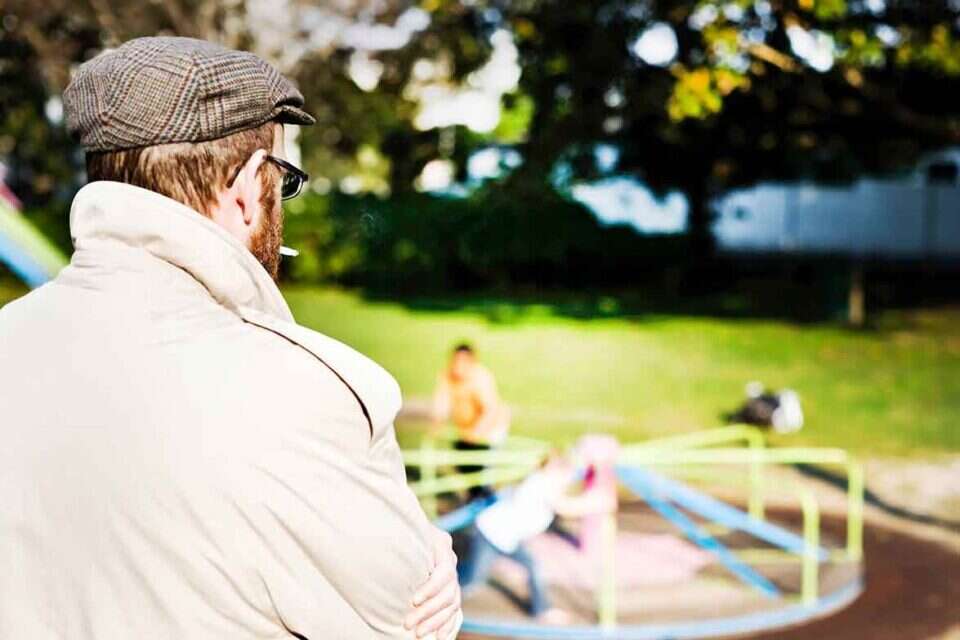If this story sounds familiar to you, it is only because you read in the newspaper not long ago about the well-known sex offender, but the end of what you will read here is more optimistic, and even unique: a pedophile who was released from prison wanted to return to the scene of the crime, because his parents live there and visiting parents is a mitzvah, but The court ruled - only once every two months, for 12 hours at most, and to leave the settlement immediately.
Shaoli (pseudonym), a man in his 30s and formerly a resident of a kibbutz in the north, was convicted of committing indecent acts on ten children aged 8 to 11 while he was a guide for children studying in the kibbutz.
In 2016, the district court sentenced him to four years in prison, which was shortened to three years, and near his release from prison, the court approved a request by some of the victims to forbid him from entering the kibbutz for three years.
At the end of the three years, the victims asked to extend the restrictive order for another three years, claiming that they might suffer psychological damage if Shaoli's return to the kibbutz, where they and their families still live, is allowed.
The state joined their position, and he may also have agreed not to live, work or study in the kibbutz - but he reserved a blanket expulsion.
"I haven't entered the kibbutz for seven years," he claimed, "and my family, who lives there, has to leave it to meet me. Therefore, I will ask to be allowed to enter the kibbutz, if only to visit her."
"I haven't entered a kibbutz for seven years", photo: GettyImages
The court partially agreed with the victims, and stated that it is not possible to issue a blanket removal order as long as the visits are not relatively frequent, and therefore extended the ban for perhaps only another year and a half.
Recognition of the nature of the kibbutz
But the victims did not give up.
They appealed the district's decision to the Supreme Court, and Judge Anat Baron accepted their arguments.
"Within the framework of the balance between the damage to the plaintiffs and the violation of the rights of the applicant (maybe), and in view of the nature and size of the kibbutz," she said, "one should not be satisfied with the limitations set by the district court regarding living, working and studying in the kibbutz."
In reasoning for her determination, the judge wrote: "The near certainty that the respondent will encounter the petitioners during visits to his parents, and the fear of actual harm that will be caused to the petitioners as a result, tilts the scale towards imposing additional restrictions on the respondent's entry into the kibbutz."
Therefore, Baron ruled, he might be able to enter the kibbutz to visit his parents' house once every two months, between 8:00 and 20:00, and then he would have to leave the kibbutz.
As for the order itself, the Supreme Judge extended its validity - but only for two years, and not for three, as the petitioners requested.
Attorneys Nadav Dagan and Hagi Shabtai, who accompany cooperative societies, explain: "The Supreme Court's decision is important on two levels: general protection for victims of sexual offenses, and special protection for victims of sexual offenses in kibbutzim, recognizing the special characteristics of the kibbutz."
According to them, "The decision to comprehensively and for a long time prohibit any entry into the kibbutz territory, even if it was a targeted entry to visit his parents' house, was based first of all on the size of the settlement. But Judge Baron was not satisfied with its size, and also mentioned its characteristics and its 'community character'. This indirectly recognizes the character the uniqueness of kibbutzim, and in the legitimate and protected expectation of the victims of a crime - the members of the kibbutz and the children of the kibbutz - for a peaceful and secure life in it."
were we wrong
We will fix it!
If you found an error in the article, we would appreciate it if you shared it with us

